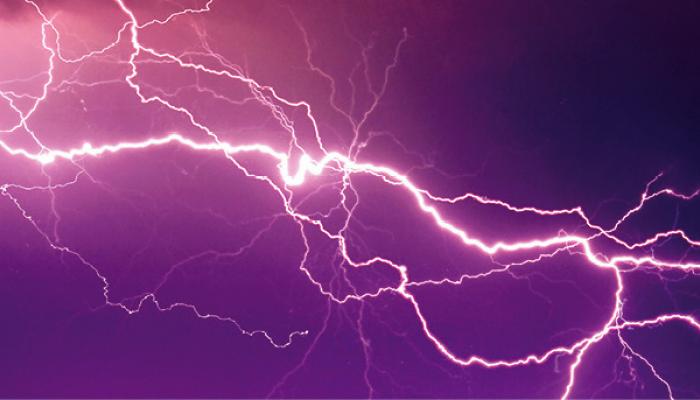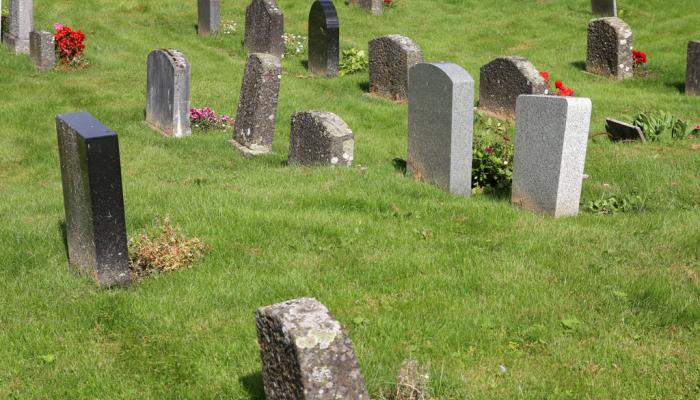
1.34 Чи Бог створив зло? Яке відношення це має до моїх гріхів?
Нам здається незрозумілим, що Бог не втручається, коли трапляються погані речі. Усе зло суперечить його великій любові. Як люди, ми не можемо належним чином зрозуміти походження зла. Часткове пояснення полягає в тому, що ми, люди, створені Богом як добрі, можемо неправильно використовувати свою свободу вибору.
Ми можемо обирати між добром (Воля Божа), але також і злом. Коли ми робимо неправильний вибір, ми в глибині душі знаємо, що робимо неправильні речі: ми грішимо. Чудово те, що Ісус прийшов відкупити нас від усіх наших гріхів Своєю смертю на хресті (Рим. 5:20) (Рим. 5:20): Закон же прийшов, щоб збільшився переступ. А де збільшився гріх, там зарясніла благодать..
What is sin?
At the core of sin is a rejection of God and the refusal to accept his love. This is manifested in a disregard for his commandments.
Sin is more than incorrect behavior; it is not just a psychological weakness. In the deepest sense every rejection or destruction of something good is the rejection of good in itself, the rejection of God. In its most profound and terrible dimension, sin is separation from God and, thus, separation from the source of life. Only through Jesus do we understand the abysmal dimension of sin: Jesus suffered God’s rejection in his own flesh. He took upon himself the deadly power of sin so that it would not strike us. The term that we use for this is redemption. [Youcat 67]
If God is omnipotent and provident, why then does evil exist?
To this question, as painful and mysterious as it is, only the whole of Christian faith can constitute a response. God is not in any way - directly or indirectly - the cause of evil. He illuminates the mystery of evil in his Son Jesus Christ who died and rose in order to vanquish that great moral evil, human sin, which is at the root of all other evils. [CCCC 57]
Why does God permit evil?
Faith gives us the certainty that God would not permit evil if he did not cause a good to come from that very evil. This was realized in a wondrous way by God in the death and resurrection of Christ. In fact, from the greatest of all moral evils (the murder of his Son) he has brought forth the greatest of all goods (the glorification of Christ and our redemption). [CCCC 58]
Is Baptism in fact the only way to salvation?
For all those who have received the Gospel and have heard that Christ is “the way, and the truth, and the life” (Jn 14:6), Baptism is the only way to God and salvation. At the same time, however, it is true that Christ died for all mankind. Therefore all men who have had no opportunity to learn about Christ and the faith but seek God sincerely and live according to their conscience also find salvation (the so-called Baptism of desire).
God has made salvation dependent on the sacraments. Therefore the Church must tirelessly offer them to mankind. To give up her missionary work would be a betrayal of God’s commission. God himself, however, is not dependent on his sacraments. In places where the Church does not exist or has had no success— whether by her own fault or for other reasons—God himself paves other ways to salvation in Christ for the people. [Youcat 199]
Бог залишається вірний своєму вічному плану навіть тоді, коли людина під поривом лукавого захоплюється власною гордістю і зловживає даною їй свободою, щоб продовжувати любити і далі щедро шукати добро, і відмовляється коритися своєму Господу і Батьку. [Папа Іван Павло II, Примирення і покаяння, п. 10]





